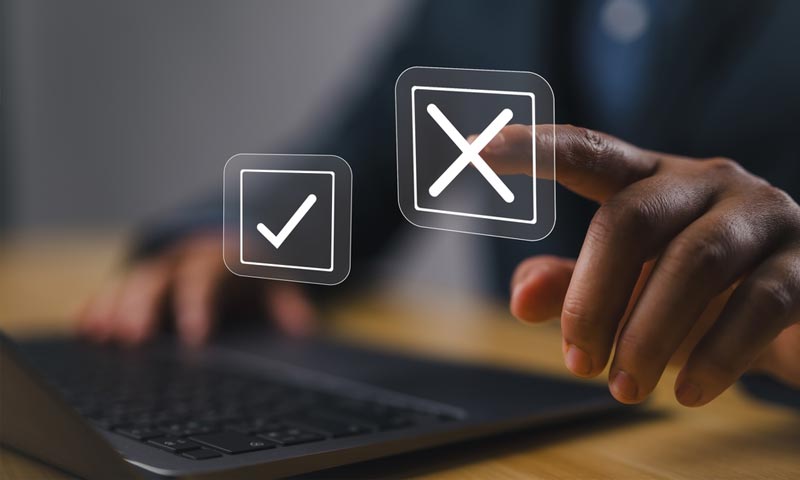


Start Lean, Earn Big: Low-Cost Business Models
Low-cost business models are becoming one of the most practical entry points for entrepreneurs in 2026. Recently, the Peterson Institute for International Economics (PIIE) published their view on the risks of higher US inflation in 2026. The article cites the delayed...February 2026 Newsletter
This newsletter is archived as a webpage: View Newsletter...January 2026 Newsletter
This newsletter is archived as a webpage: View Newsletter...December 2025 Newsletter
This newsletter is archived as a webpage: View Newsletter...
The Past Has No Power Over The Present
Last night was an incredible evening in DC with my favorite, Eckhart Tolle. Two hours of pure wisdom mixed with his usual subtle humor. And there he was, sitting calmly in the middle of the stage, a quiet presence that filled the entire room. There’s so much noise in...
Change the Culture, Change the Outcome
The title of the article reflects a principle that we are very familiar with. Culture has everything to do with everything! Peter Drucker, the world renown business management consultant, educator, and author has been quoted many times. Two of my personal favorites...
Simplicity vs Complexity
Often people build too much complexity into their lives, and complexity can pull from their joy and happiness. It can drain the strength that enables them to be their best and impact others. Living simply brings a balance to our lives. It’s more than just a trend...
The Measure of Intelligence Is the Ability to Change
Someone once said and it’s often attributed to Einstein, although we don’t really know for sure; “The measure of intelligence is the ability to change.’” I just read an article about a Reddit thread where someone asked – What’s a subtle sign that someone is...